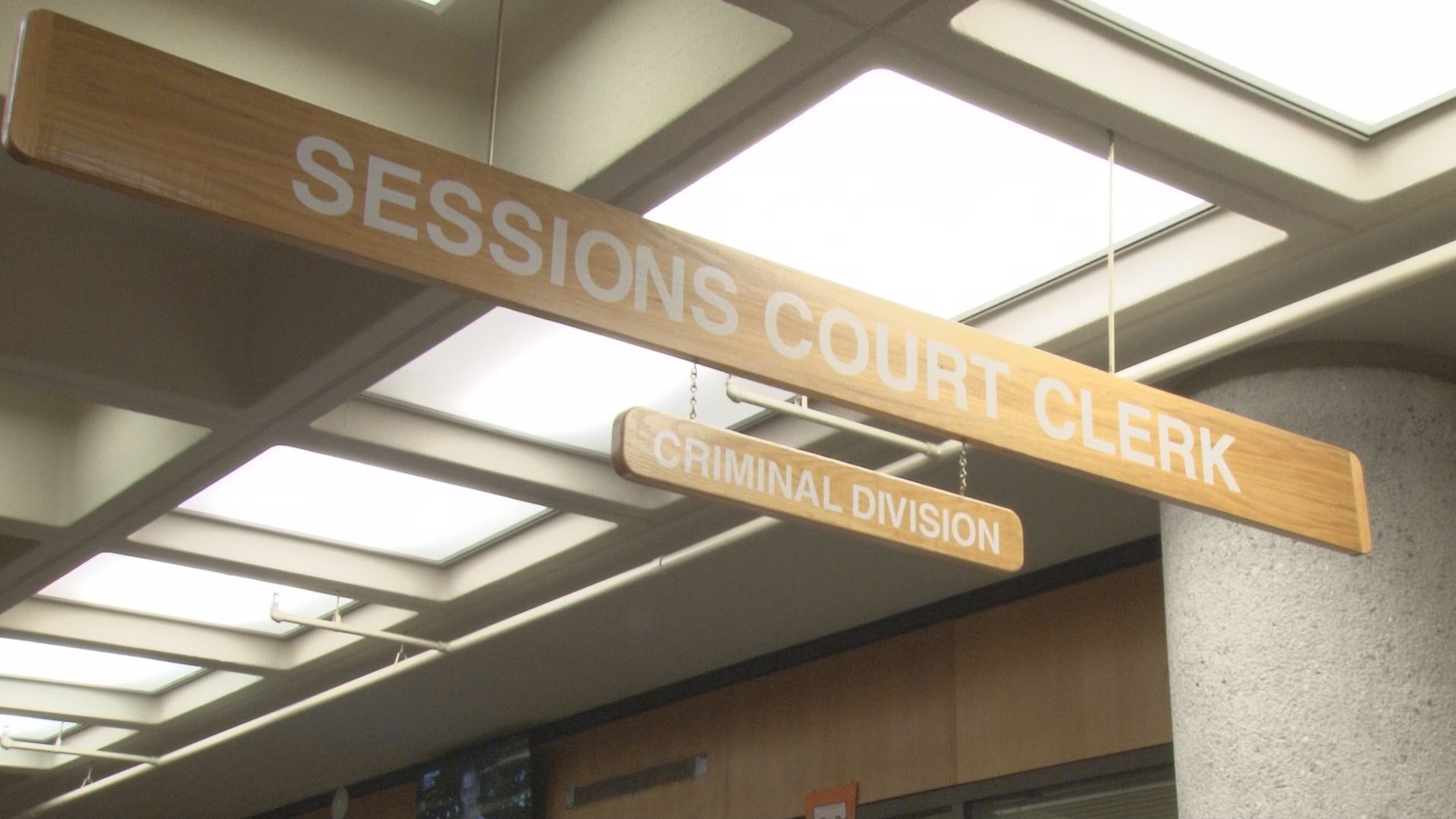(WBIR – KNOXVILLE) Knox County's five sessions court judges have waived a little more than a combined $1.2 million in court costs, fines and fees assigned to local offenders since last September when they started their new terms in office.
And, Knox County's three criminal court's judges – who hear fewer cases than their peers in sessions court – have waived a little more than a combined $60,100 during the same time period.
That means a not only are lot of local defendants not paying for their crimes, but the county and state are also losing out on much-needed revenue. Local leaders, however, noted that many of the defendants probably cannot afford the costs.
"We see an awful lot of people who are chronically addicted, homeless, mentally ill," said Sessions Court judge Check Cerny.
The judges are tasked not only with handing down punishments, but also deciding who can and cannot pay court fines and fees.
"We're very, very careful," Cerny said. "we receive testimony in open court and often, we actually require affidavits (which detail a defendant's finances)." We scrutinize the evidence and make a decision based on, not sympathy, but rather whether or not it's financially prudent to continue trying to collect something that would be impossible to collect."
But, there might be something they can do about it.
When the state General Assembly meets again in January, officials are expected to talk about a proposal that would let judges waive the costs, yet subject the defendants to some sort of community service, possibly picking up trash on the side of the road, cleaning up the Tennessee River or volunteering at a non-profit.
"It would set up a program for the judges – it's in their tool box," said Knox County Criminal Court Clerk Mike Hammond. "They don't have to (use it) but it's there if they want to. It will then be up to us to come up with a program."
He added: "We think the idea of community service is one way these people can pay their debt, but the other is (looking) at the definition of indigence – who is indigent and proving that they are."
The plan, spearheaded by state Sen. Richard Briggs, R-Knoxville, would apply only to Knox County.
"When indigent people receive fines . . . and they don't have any money, then they're completely let off the hook . . . and the sessions court judges don't have the judicial authority to order them to do community service," Briggs said. "If you have done something that puts you in the court system, I think all of us understand that if you don't have the money then you can't pay. But it does retain that element of personal responsibility where you do something to pay your debt to society."
WBIR 10News reviewed the dispositions to roughly 2,000 cases in sessions court from September 2014 through August 2015 in which judges could levy court costs, jail fees, fines, restitution and probation costs.
In most cases, the sessions court judges waved some amount of courts costs ranging from $100 to almost $3,000. They also typically waived jail fees, which ranged from as low as $23 to as much as $6,500.
The judges rarely waived fines, and almost never forgave restitution or probation costs.
Sessions Court Judge Chuck Cerny, who presides over the most sessions court cases, waived about a third of the total amount – $347,200 for about 350 cases.
Judge Patricia Long, waived the second highest at $342,200. Judge Tony Stansberry was next with $208,434, followed by Judge Andrew Jackson IV at $175,198.
Judge Geoffrey P. Emery waived the least, forgiving $135,872.
In criminal court where the judges typically hear fewer cases – and most of them felonies – fewer court costs and fees were waived.
Judge Scott Green, who just wrapped up his first year serving on the bench, forgave the highest amount at a combined $36,000 for about 25 cases. The amounts ranged from a mere $14 in court costs to $2,641.
Judge Bob R. McGee waived a combined $18,626, and Judge Steven Sword forgave just under $5,500. More than half of the money McGee waived – almost $10,000 – was for jail fees for one defendant.
There were also many months in which the criminal court judges didn't waive any money for offenders.
Knoxville criminal defense attorney Don Bosch, who has handled a number of high profile cases, said it's often futile to divvy out the penalties, and that judges are sometimes better off waiving them.
"It is a good thing . . . because we have so many people in Knox County who are indigent and cannot simply pay those, and it's a waste of time and resources to try to chase money that the court is not going to get," he said. "And, it's a real burden on people who are trying to rehabilitate themselves and re-enter society in a productive and meaningful way."
Bosch added that the judges carefully review each request from a defendant to waive the costs, and if they offender can pay, then they will.
Tonight on the 10News night beat, see the impact these decisions are having inside the courtroom.
But, he said, the sessions courts are riddled with people cannot afford it.
"At the end of the day everyone wants the defendant to be able to re-integrate into society and the fines and costs can keep them from getting an apartment or a driver's license," Bosch said. "We need to consider whether relief should be granted so the greater good can be accomplished."


